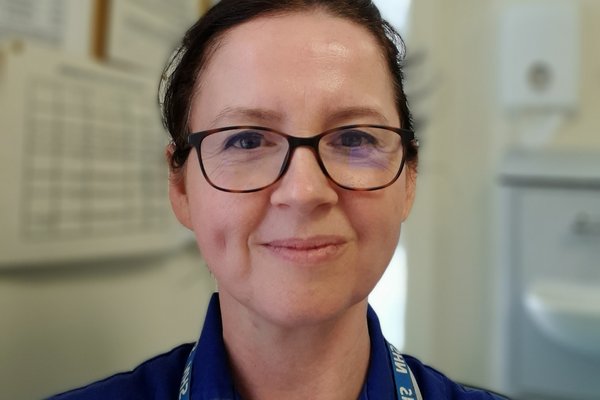
What is miscarriage?
Wellbeing of Women and Little Heartbeats have awarded Professor Zarko Alfirevic £23,536 to study a rare but devastating condition

Funded by Wellbeing of Women, in partnership with the Royal College of Midwives and the Burdett Trust for Nursing, this study looks at the use of social media for sharing birth information.

Wellbeing of Women (WoW), in partnership with the National Institute for Health Research (NIHR), has awarded £254,034 for a NIHR-WoW Doctoral Fellowship to midwife Joanne Cull. She will investigate what information and support can be given to help pregnant women who have been negatively affected by trauma

Wellbeing of Women has invested £129,549 in Dr Matina Iliodromiti's research on establishing clear thresholds for too small and large babies to improve care and outcomes